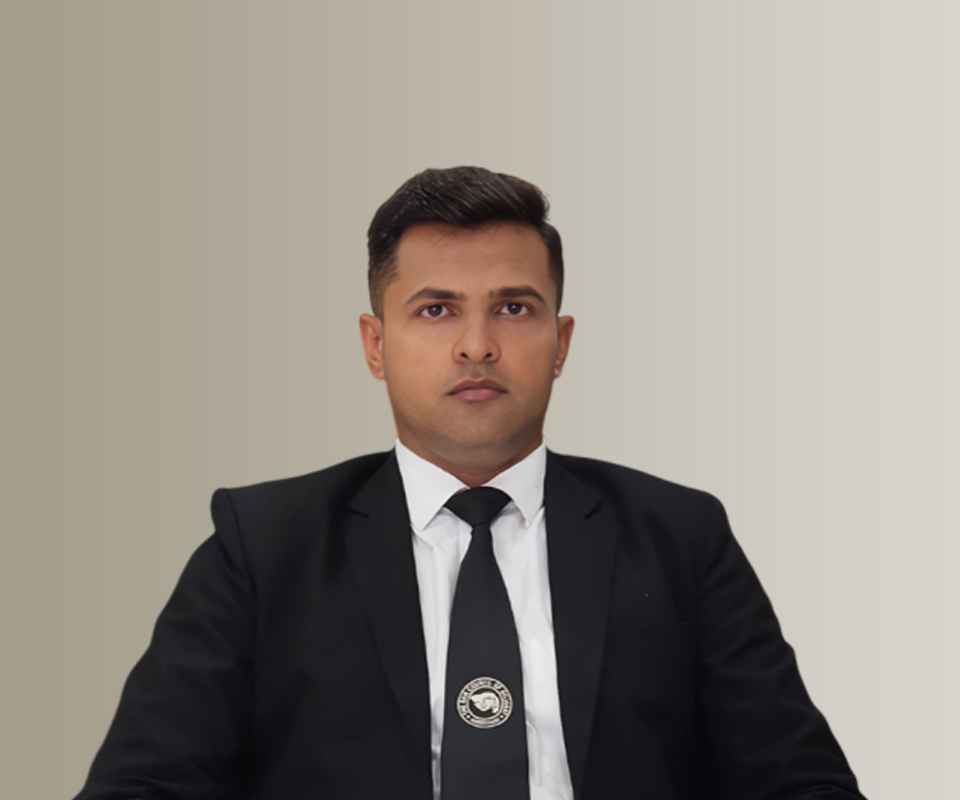Answer By law4u team
Elderly individuals are often more vulnerable to mental harassment or emotional abuse, especially when the perpetrators are close family members or relatives. Harassment could manifest as verbal abuse, emotional neglect, intimidation, or exploitation, leading to mental distress and a diminished sense of well-being for the senior citizen. In such cases, many senior citizens may wonder whether they have legal recourse to sue their relatives for this form of abuse.
The legal system in India, while primarily focused on physical abuse or financial exploitation, does offer avenues for mental harassment claims in cases involving elder abuse. Let's explore the legal options and protections available for elderly individuals facing mental harassment from their relatives.
Legal Framework for Mental Harassment
Legal Protection Against Elder Abuse
In India, the Maintenance and Welfare of Parents and Senior Citizens Act, 2007 (also called the Senior Citizens Act) provides a legal framework to protect senior citizens from neglect, abuse, and harassment. The Act specifically addresses the rights of elderly individuals and provides mechanisms for their welfare and maintenance.
Section 125 of the Indian Penal Code (IPC) also allows for the legal action against relatives who refuse to provide maintenance or care for elderly parents or family members.
The Domestic Violence Act (2005), primarily used for protecting women, can also be invoked by elderly individuals facing mental harassment or emotional abuse by family members. Though the Act specifically protects women, it covers all forms of domestic violence, including mental cruelty.
Mental Harassment as Emotional Abuse
Mental harassment can be categorized as emotional abuse, and under Indian law, any form of abuse that causes mental trauma or emotional suffering can be subject to legal action.
Harassment from relatives could involve constant belittling, threats, insults, or unjustified criticisms aimed at causing emotional distress. While this may not result in physical injury, it can significantly impact the mental health of the senior citizen.
Civil and Criminal Actions
A senior citizen can file a civil suit for compensation for the mental anguish or emotional distress caused by the harassment. A civil suit may demand financial compensation for the harm caused by the abusive behavior.
Additionally, criminal charges can be filed under Section 498A of the IPC (commonly used in domestic violence cases) if the harassment involves a pattern of mental cruelty, threats, or coercive behavior.
Section 3 of the Protection of Women from Domestic Violence Act, 2005 could also apply in cases where a senior citizen, particularly a woman, faces mental harassment or emotional abuse by family members.
Maintenance and Welfare of Parents and Senior Citizens Act
Under this Act, a senior citizen has the right to seek maintenance from children or relatives who have neglected or harassed them emotionally. If a senior citizen is not receiving adequate care or is being subjected to emotional abuse, they can file a complaint with the Maintenance Tribunal or even approach the District Magistrate for relief.
The Act also provides for protection orders if the elderly individual is facing abuse, and it mandates that the concerned authorities take immediate steps to protect the senior citizen from further harm.
Process for Filing a Case
Filing a Civil Suit for Mental Harassment
If an elderly person wants to sue for mental harassment, they can file a civil case in the court of law. The suit can seek compensation for the emotional trauma and distress caused by the harassment. They will need to provide evidence of the mental distress caused by the relative, such as testimonies, medical records (for psychological harm), or any recordings or written communications that show the harassment.
Filing a Criminal Case
If the mental harassment involves threats, intimidation, or coercion, the senior citizen may opt to file a criminal case under the relevant sections of the Indian Penal Code (IPC), such as Section 323 (causing hurt), Section 498A (cruelty by husband or relatives), or Section 506 (criminal intimidation).
The elderly individual can also approach the police to file a complaint of mental abuse or harassment. If the complaint involves serious emotional abuse, the police may initiate an investigation and take appropriate legal actions.
Role of Support Organizations
There are various NGOs and elder welfare organizations in India that help senior citizens facing mental abuse. These organizations can offer legal counsel, assist in filing complaints, and provide support to the elderly during legal proceedings.
Evidence to Support Claims
In cases of mental harassment, evidence is crucial. This can include:
- Testimonies from others who witnessed the abuse.
- Medical records showing the emotional or psychological impact of the harassment (e.g., visits to a therapist or psychologist).
- Written communication, such as abusive letters, messages, or emails, which can serve as proof of harassment.
- Audio or video recordings of the abusive behavior (if legal in the jurisdiction).
Example:
Mrs. Kapoor, an 80-year-old woman, lives with her son and daughter-in-law in Mumbai. Over the past several months, Mrs. Kapoor has been subjected to verbal abuse and mental cruelty by her daughter-in-law, who often insults her and threatens to throw her out of the house.
Mrs. Kapoor has become increasingly anxious, depressed, and isolated due to the constant emotional harassment.
She decides to take legal action and files a complaint under the Domestic Violence Act, citing mental harassment.
Mrs. Kapoor also approaches a Maintenance Tribunal under the Maintenance and Welfare of Parents and Senior Citizens Act to seek maintenance and protection from further emotional abuse.
After a legal battle, Mrs. Kapoor is granted compensation for her emotional distress and a protection order against her daughter-in-law.
Conclusion:
Yes, senior citizens in India can sue relatives for mental harassment or emotional abuse. They have legal recourse through civil suits, criminal cases, and the Maintenance and Welfare of Parents and Senior Citizens Act. The legal framework provides various mechanisms to protect elderly individuals from mental cruelty by family members, allowing them to seek justice, compensation, and protection from further harm.






